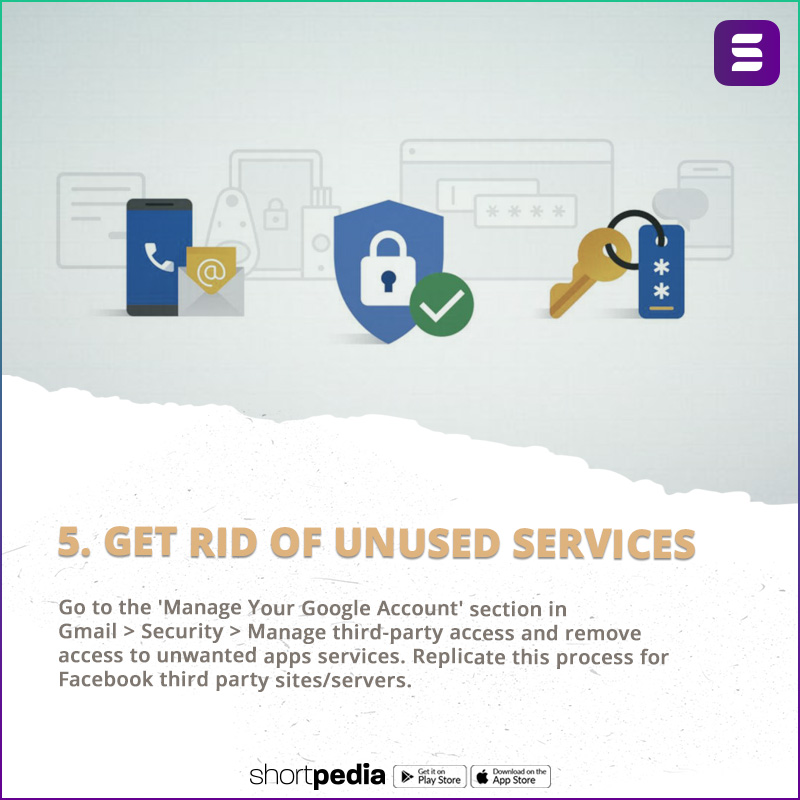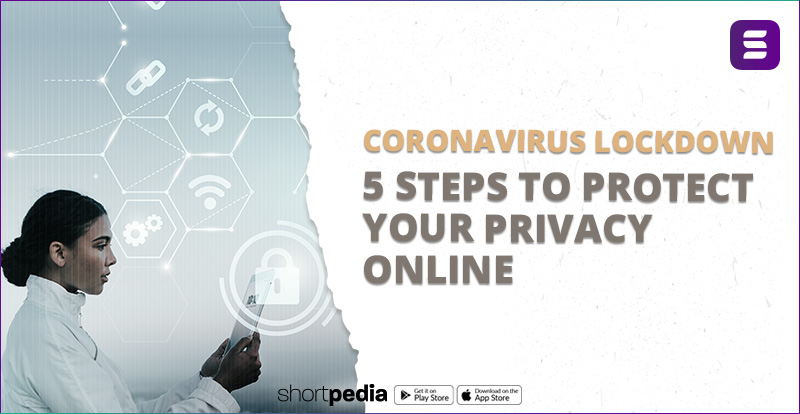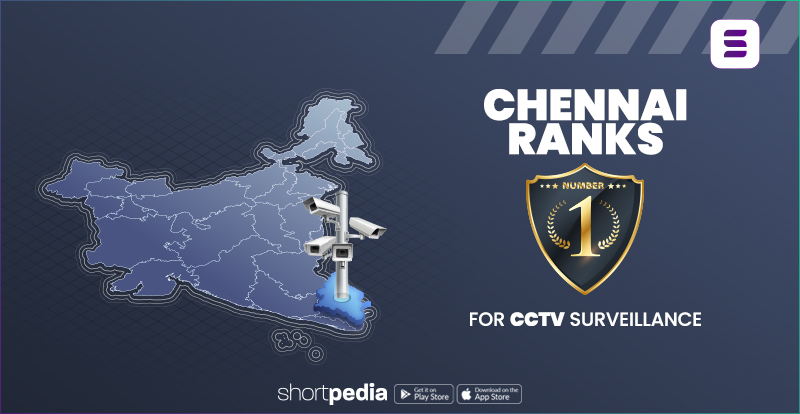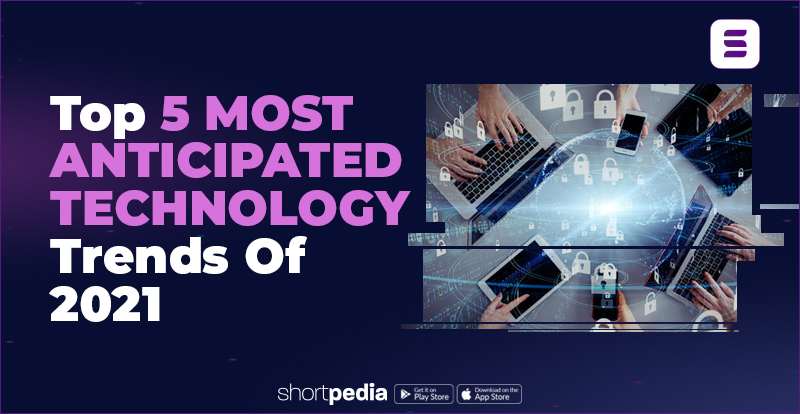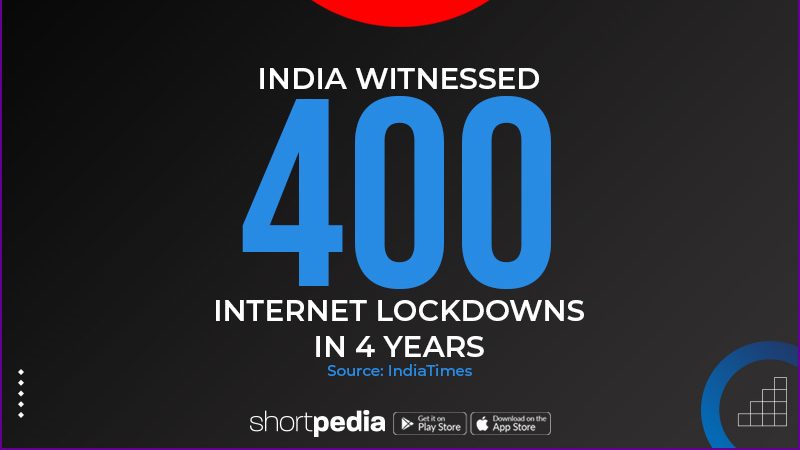Locked indoors, the Internet is now your most significant source of information, entertainment, and communication. This increased usage also makes you susceptible to tracking by websites and apps for your data.
1. Check if you are being tracked
Do you want to know how many websites are tracking you via your browser? Head to https://panopticlick.eff.org/ and click on the ‘Test Me’ button. The site will take a few seconds to scan your browser and then give you a checklist of privacy tests which your browser passed and failed.
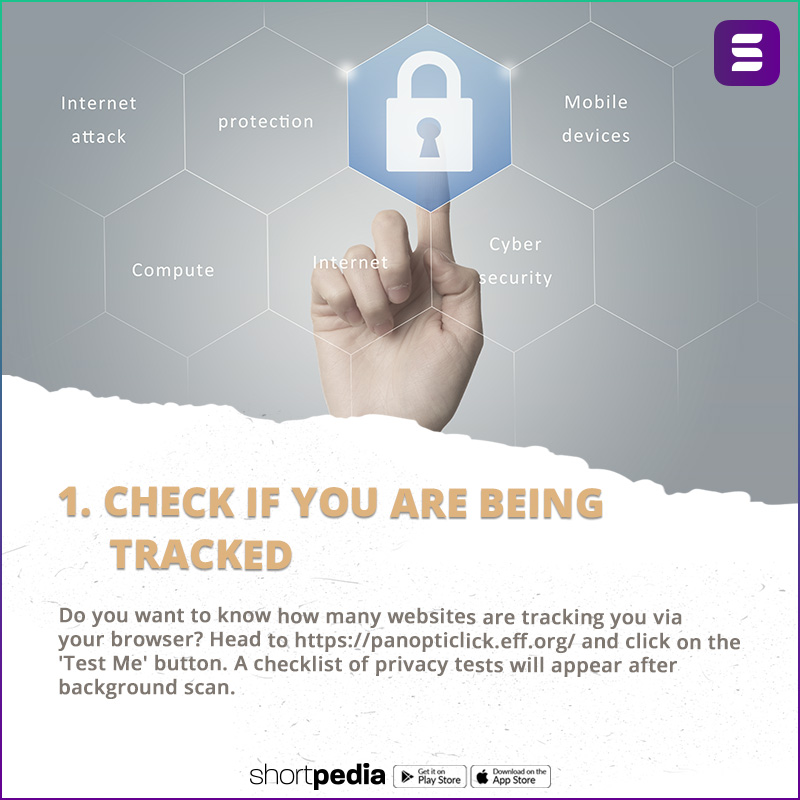
2.Invest in paid software
Most of us choose to install a free version of antivirus or anti-malware programs available today and feel safe. However, the free version has limited functionality when it comes to protecting your privacy, and this is why its best to go for a premium paid version of a security suite. If you are thinking of how much it costs, then you will be surprised to know that most security suites are available for less than Rs 1,000/year.
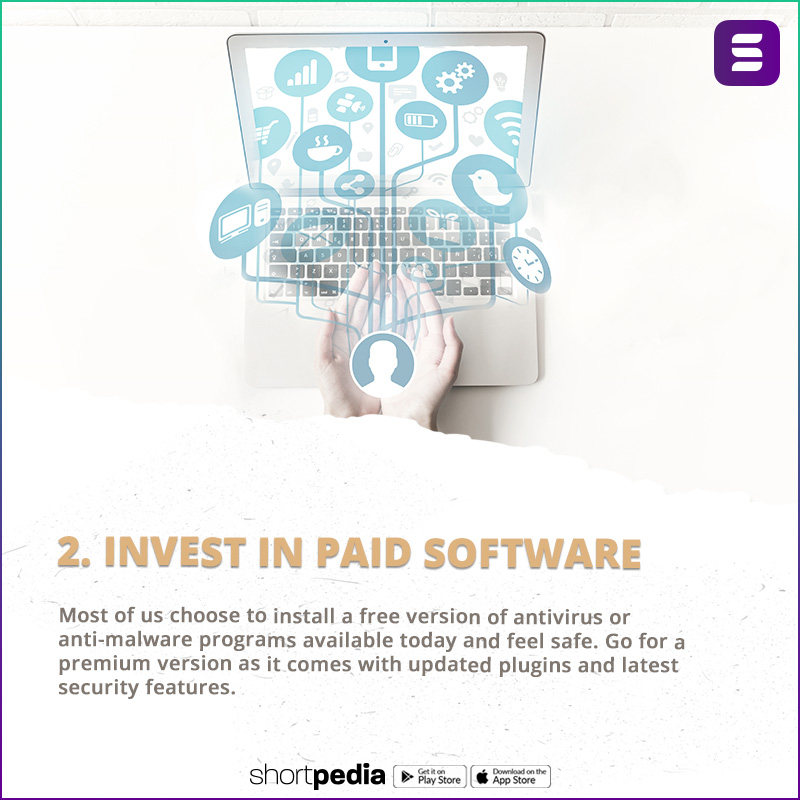
3.Control social media information
Control who sees your personal information for each social media website by heading to privacy settings and opting to show information to only your friends/followers instead of everyone.
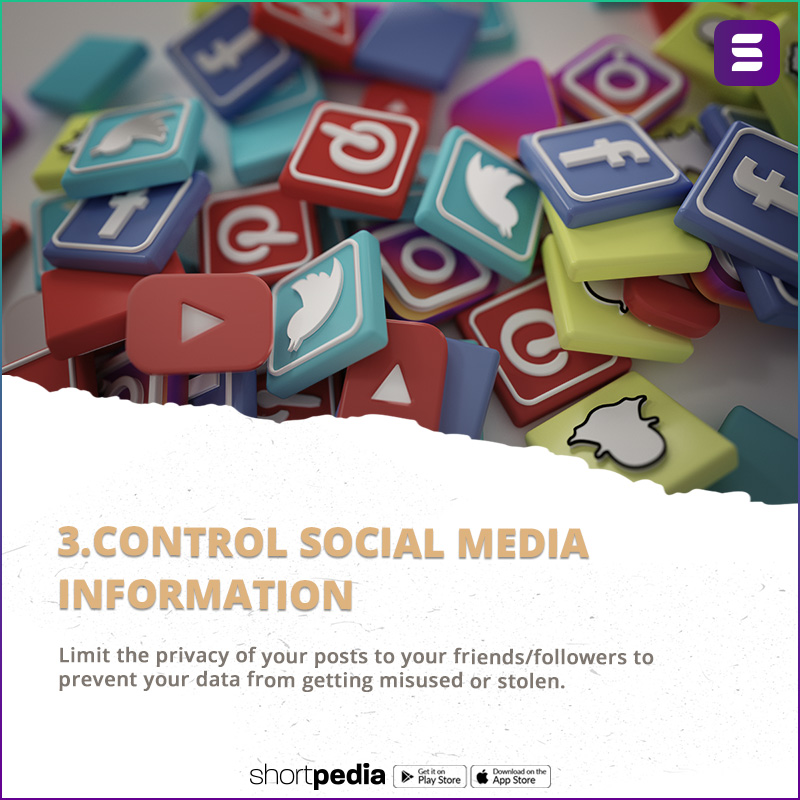
4.Review app permissions
It’s easy to control app permissions, and you should review them for all of your installed apps. Android users can go to Settings > Apps, tap on app name and view as well as control the permissions given to the app. For iOS, go to Settings > Privacy to see a list of installed apps. Tapping on the app name shows the permissions granted to the app along with the option to control them.
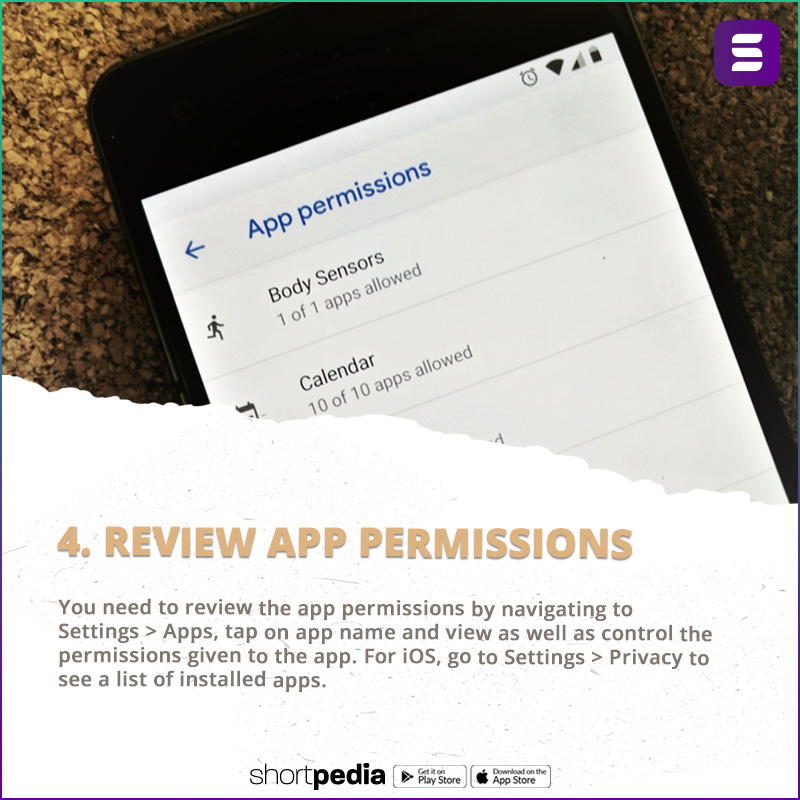
5. Get rid of unused services
Go to the ‘Manage Your Google Account’ section in Gmail > Security > Manage third-party access and remove access to apps/services you don’t use anymore. Similarly, for Facebook, go to Settings > Apps and websites to view and remove services with access to your account details.
